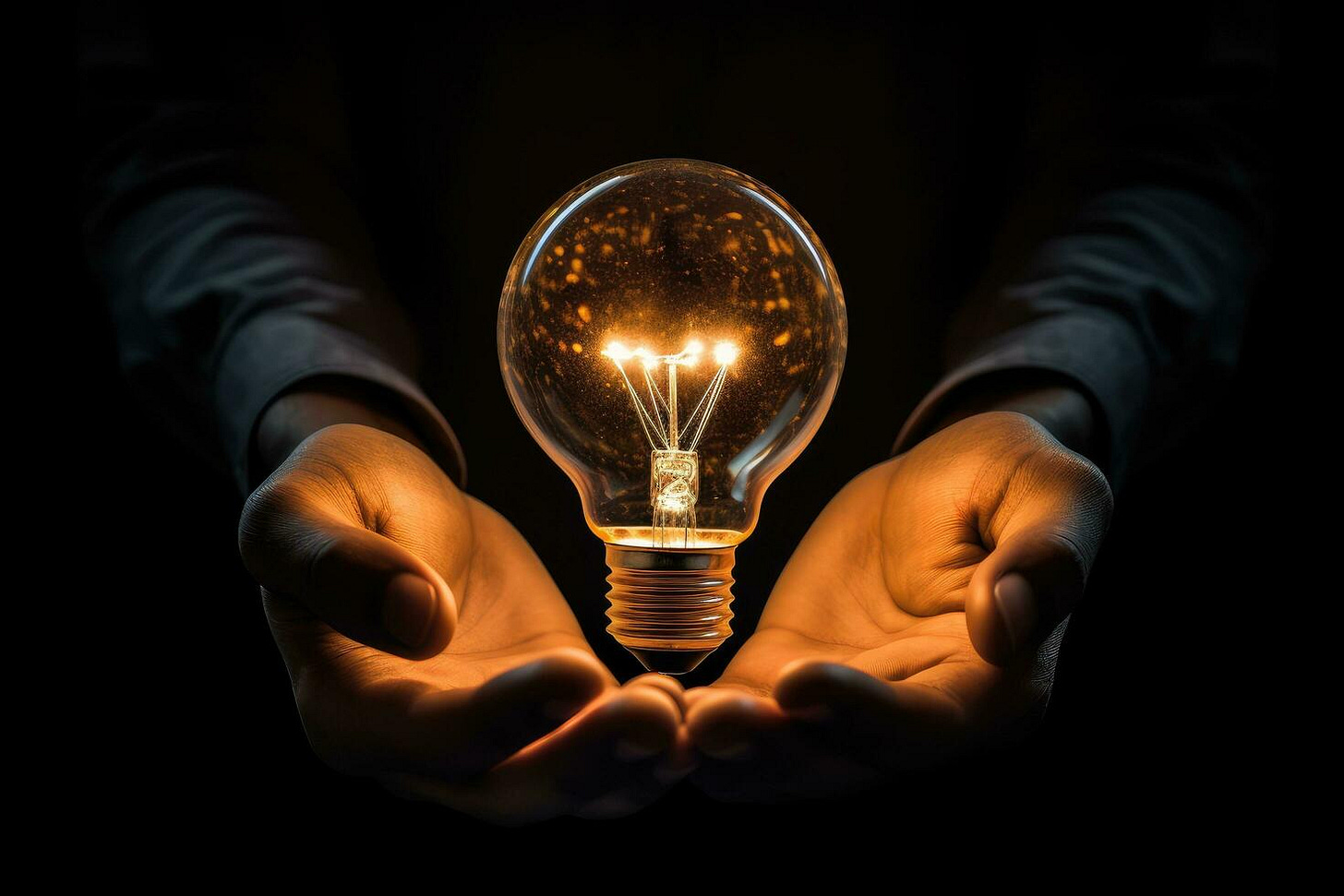
Aim:
To dissect the fundamental relevance of health education and the practical ways it manifests in our environment.
Given:
Health education, communities, climate change, Nigeria Health Watch, conference, health
Method:
Creative Essay
Principle:
Light bulb moments are not always major. Sometimes, it’s in the repetitive actions. Other times, it’s in doing things differently. However, every light bulb moment marks the commencement of new knowledge - new actions, and newness generally.
The first time a baby brings his hands close to fire, his mother most likely carries him away from the fire. But ultimately, after many failed attempts, a day will come and that child will touch the fire. The heat and tears that follow will remind him never to go close to a naked flame - a lightbulb moment.
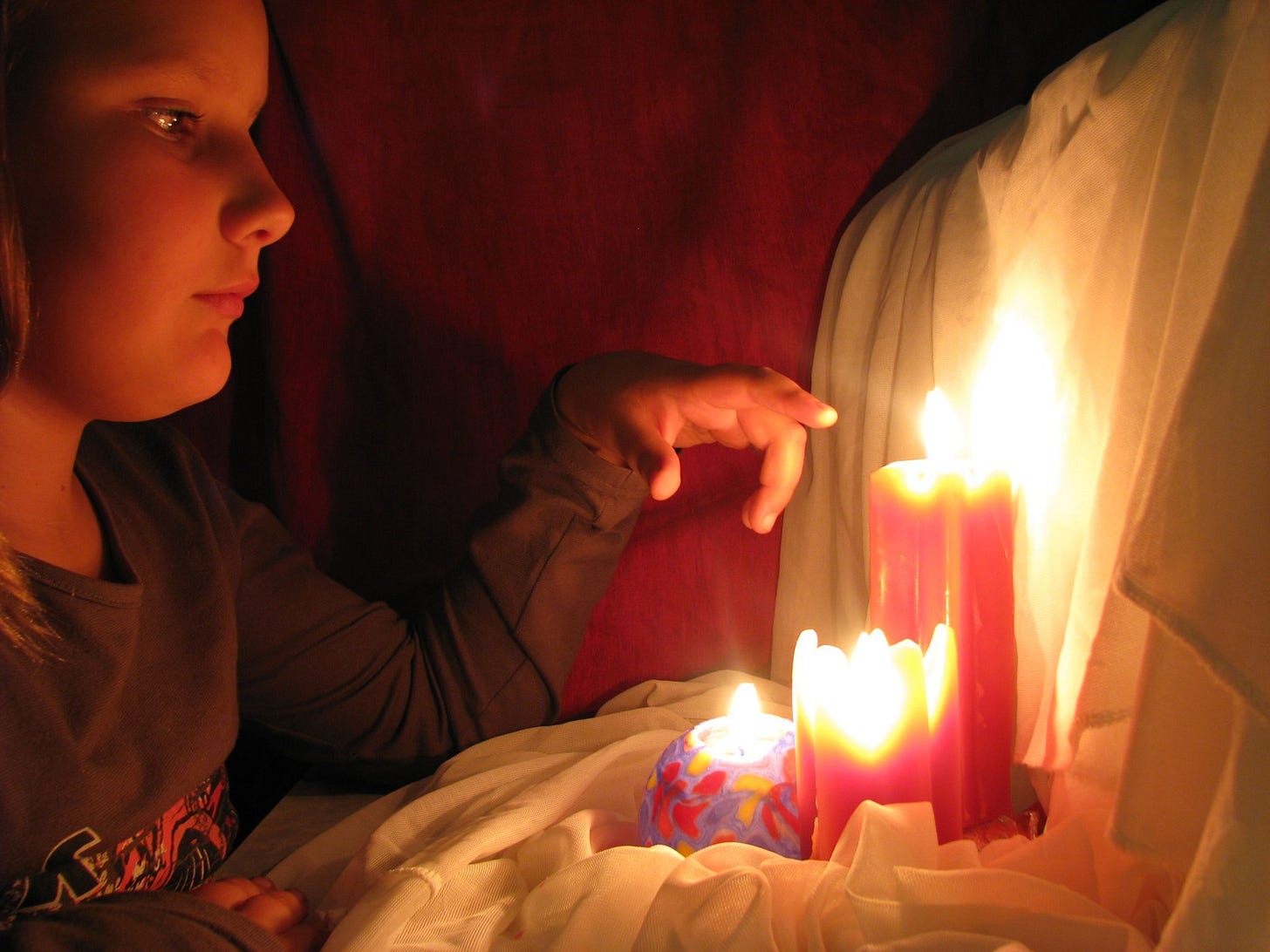
The first time a child attempts to throw a piece of paper from one place to the other, the paper probably travels barely 3 metres. But ultimately, after many repetitions, she will one day shape the paper to look like an airplane and it will travel up to 7 metres - light bulb moment.
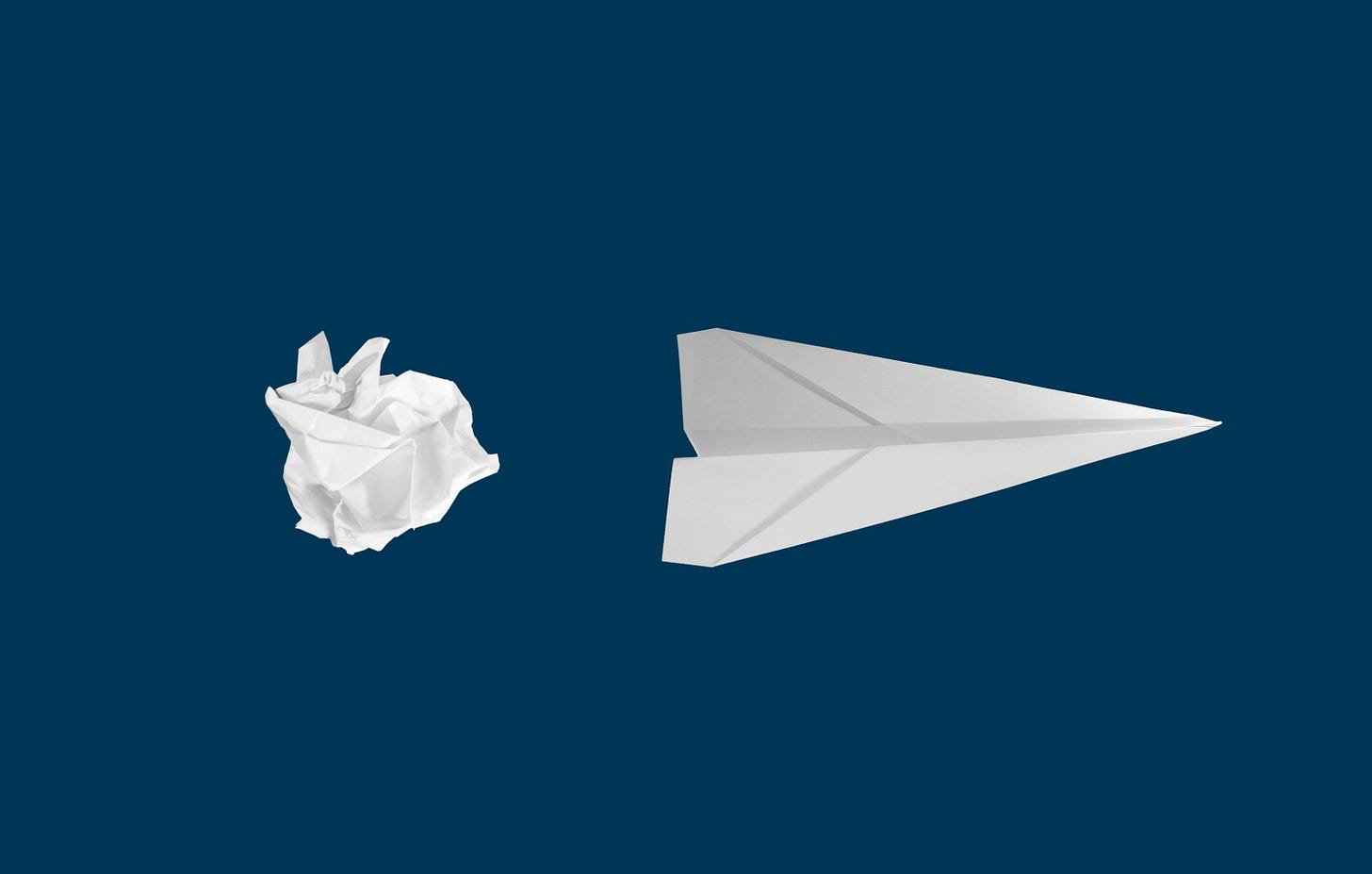
As is in every case of a light bulb moment, a lesson will always be learned either coincidentally or deliberately through repeated sustained actions. More importantly, with every lightbulb moment, there has to be an action, a lesson, and a learner. That’s the crux of education; in every society, race, religion, age, or time, a lesson will always be learned either coincidentally or through repeated sustained actions.
Procedure:
Today, good health is important for man’s continued existence. As such, light bulb moments in health (education) are a key component for everyone. The ability to learn about healthier habits and disease prevention mechanisms for everyday people is key to reducing the incidence of chronic diseases, helping them make informed health decisions, and improving their health outcomes. The difference this can make is amplified for people living in developing countries like Nigeria where the ratio of healthcare workers (HCWs) to the population can be very low. According to this 2018 study, rather than the 22.8 HCWs to 10,000 of the population recommended, the ratio can be as low as 1 HCW to 1,000 of the population in some developing countries in Africa. The implication of these numbers is simple – you can fall sick and there will be no HCW to attend to you. It is then wise for everyone to invest heavily in preventive medicine by beefing up their knowledge about their health both on days when they’re kicking and when they’re getting kicked by illness.
As someone without a healthcare background, how lovely would it have been if you would listen if told not to google your symptoms? However, while you’re at it, knowing the level of health misinformation out there is critical. This should raise your awareness about the presence of unhelpful information that can make your situation worse. This can range from the laughable like using salt water as protection against Ebola virus or more sophisticated tales to discourage people from taking life-saving vaccines. This is why you shouldn’t listen to every Tiktoker on your FYP or any random influencer with a blue tick. Indeed, not all lightbulbs illuminate – some are meant to cast a blue and blurry atmosphere. Your best bet at health education is to rely on trusted sources who are known experts in the field of health and who have also demonstrated their professionalism.
Healthcare professionals are also not left out. Lightbulb moments in health (education) are key as they enhance critical thinking, reduce errors, improve healthcare quality, and ultimately, improve health outcomes for patients.
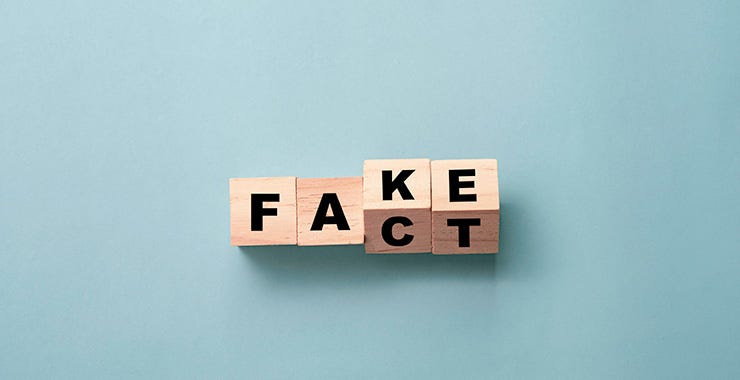
This is why MedLabConvo’s fixation on health education for all is non-negotiable. A belief held by this organization is that healthcare professionals should be informed about the latest innovations in their field. Hence, workshops, trainings, mentorship programs, and health education initiatives are provided - especially for Medical Laboratory Science students/Scientists globally. In addition, communities are empowered to take ownership of their health, students are empowered to take ownership of their careers, and Medical Laboratory professionals are empowered to take ownership of their healthcare provision quality.
Regarding the frequency of lightbulb moments, they sometimes occur daily, sometimes weekly, and other times, annually. To provide monumental lightbulb moments for health professionals, MedLabConvo recently partnered with Nigeria Health Watch for its annual lightbulb moment (Future of Health Conference 2024). The aim is that you’ll find numerous lightbulb moments during the conference - as you learn about the climate-health nexus. Interestingly, you can also showcase your lightbulb moment to the world by presenting your ideas that address a global challenge. Does this sound interesting to you? You should register here.
Comments
Finally, lightbulb moments are an essential part of our lives. We cannot evolve as a people without education - and more specifically, health education. In addition, while we seek illumination, it is important to double-check the source of our light. Some sparks will light up our path while some will set it on fire.






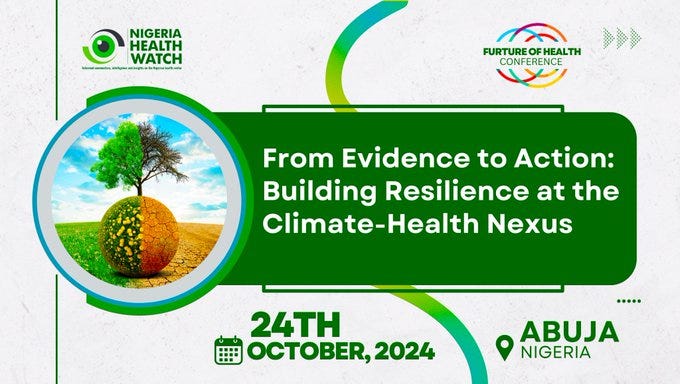

We hope this article sparks lightbulb moments in you.
It definitely does, will the conference be available online?